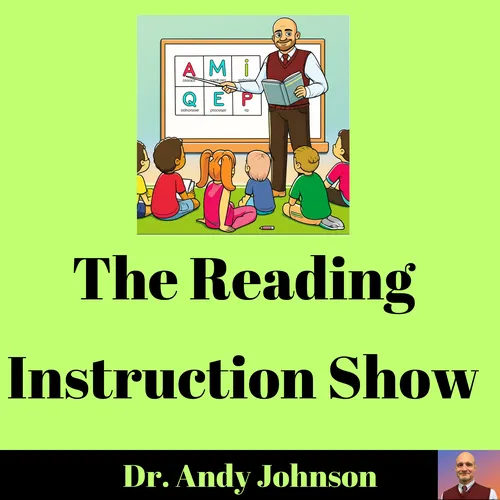
The Reading Instruction Show
The Reading Instruction Show is a podcast about reading instruction (and other things) with a little bit of attitude. There is plenty here to inform and entertain all. And, by the way, I'm not trying to sell any books. I don't have any curriculum or programs to market. I don't accept speaking fees. And, I don't ever want to be a consultant.
- Update frequency
- every 8 days
- Average duration
- 15 minutes
- Episodes
- 295
- Years Active
- 2019 - 2025
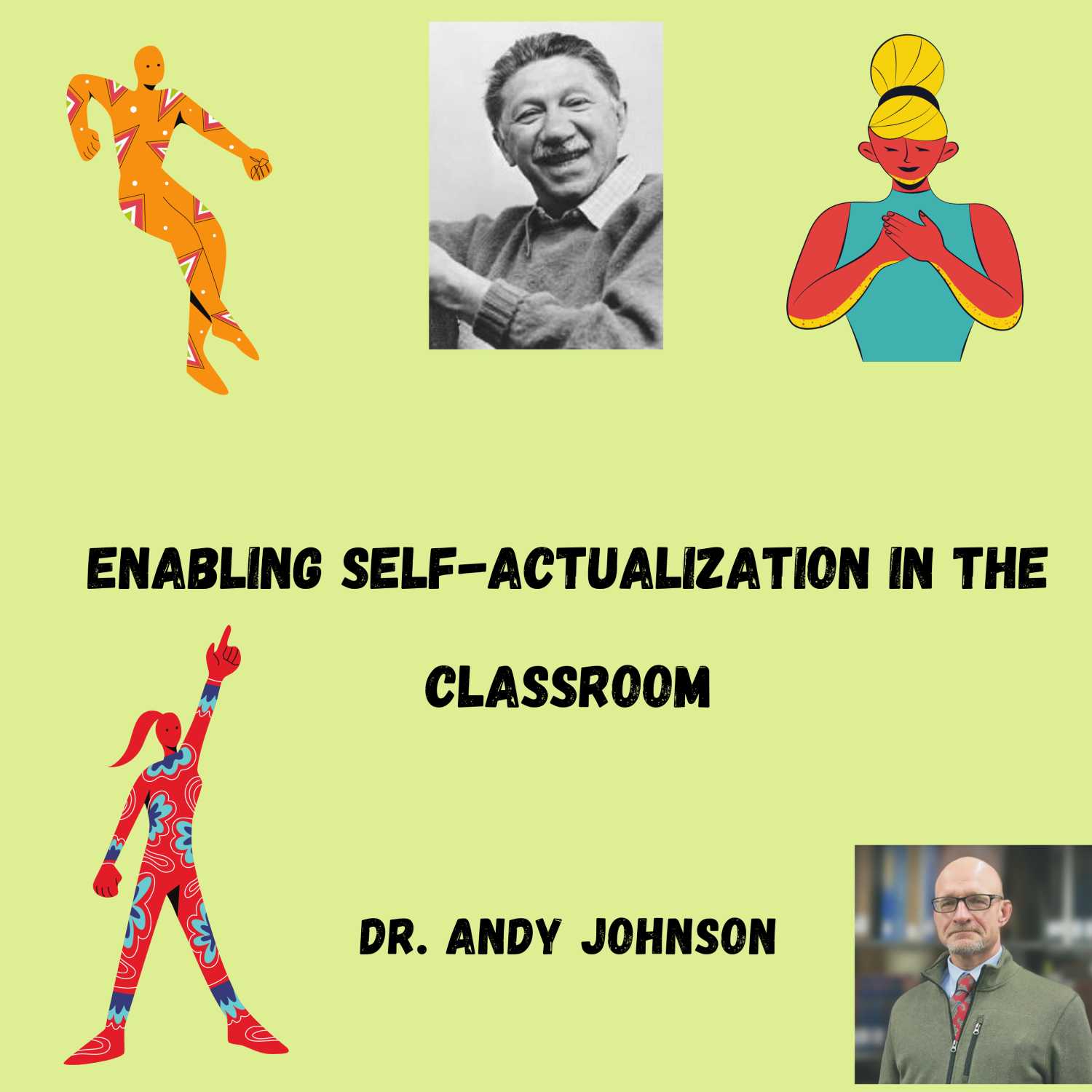
Enabling Self-Actualization in the Classroom
Self-actualization is the term used to describe the natural unfolding and realization of one’s full potential. Put another way, within every acorn there is a mighty oak tree. To actualize is to ena…
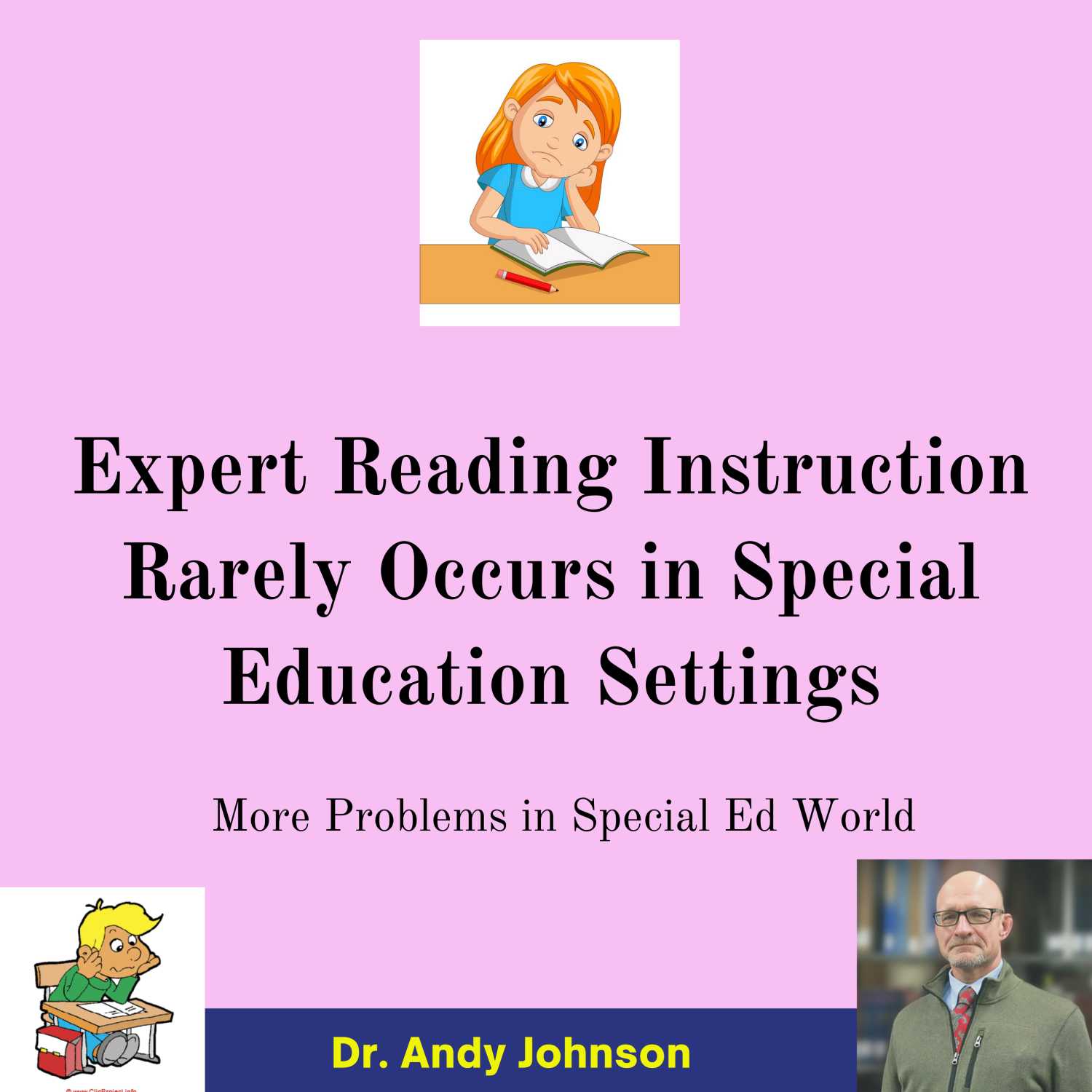
Expert Reading Instruction Rarely Occurs in Special Education Settings
At one time it was thought that smaller class sizes and additional adult resources found in a segregated special education classroom would enable teachers here to provide individualized instruction t…
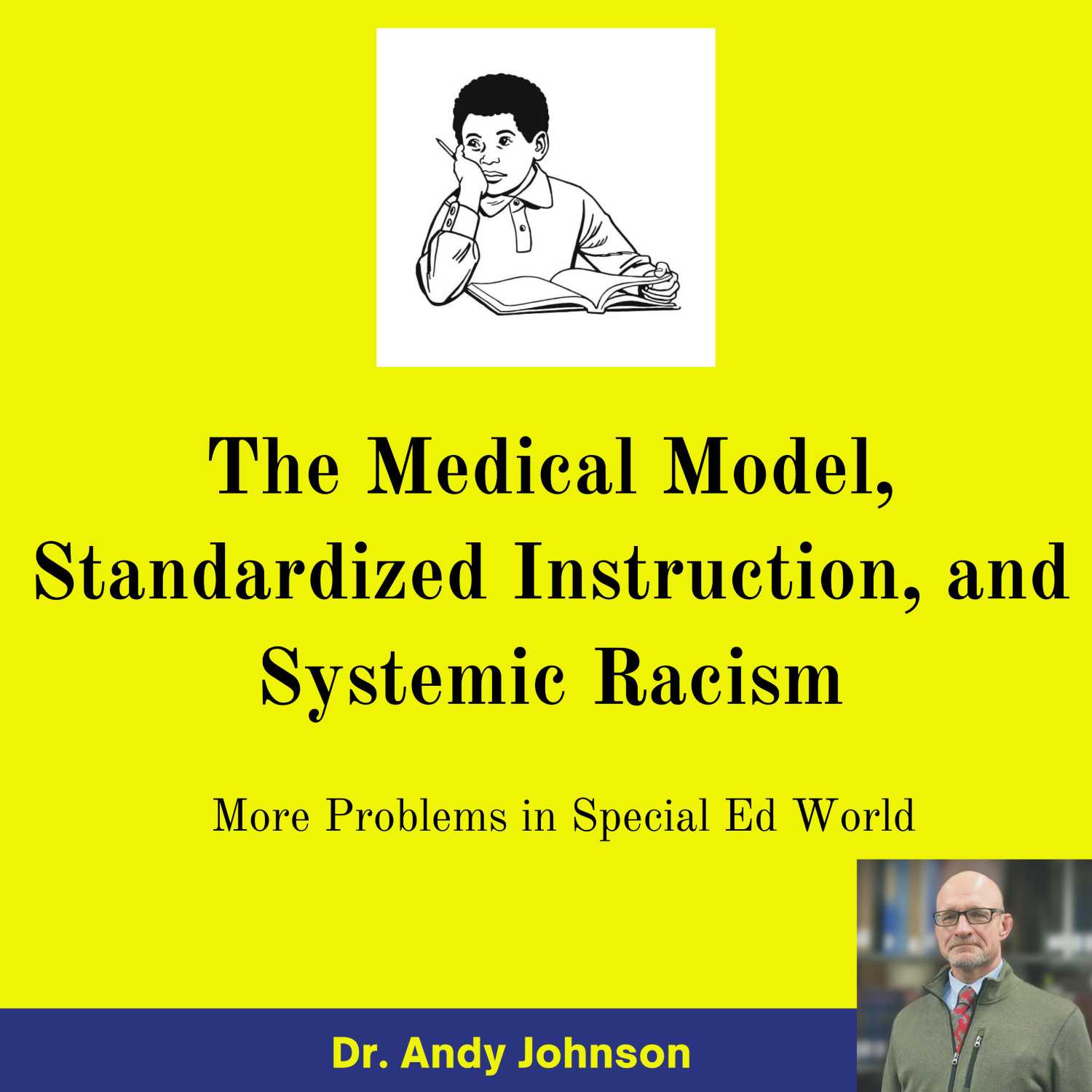
Problems in Special Ed World: The Medical Model, Segregated Instruction, and Systemic Racism
This podcast further explores problems in Special Ed World. Addressed here: (a) the medical model used to understand "disabilities", (b) standardized instruction, (c) segregated instructional settin…
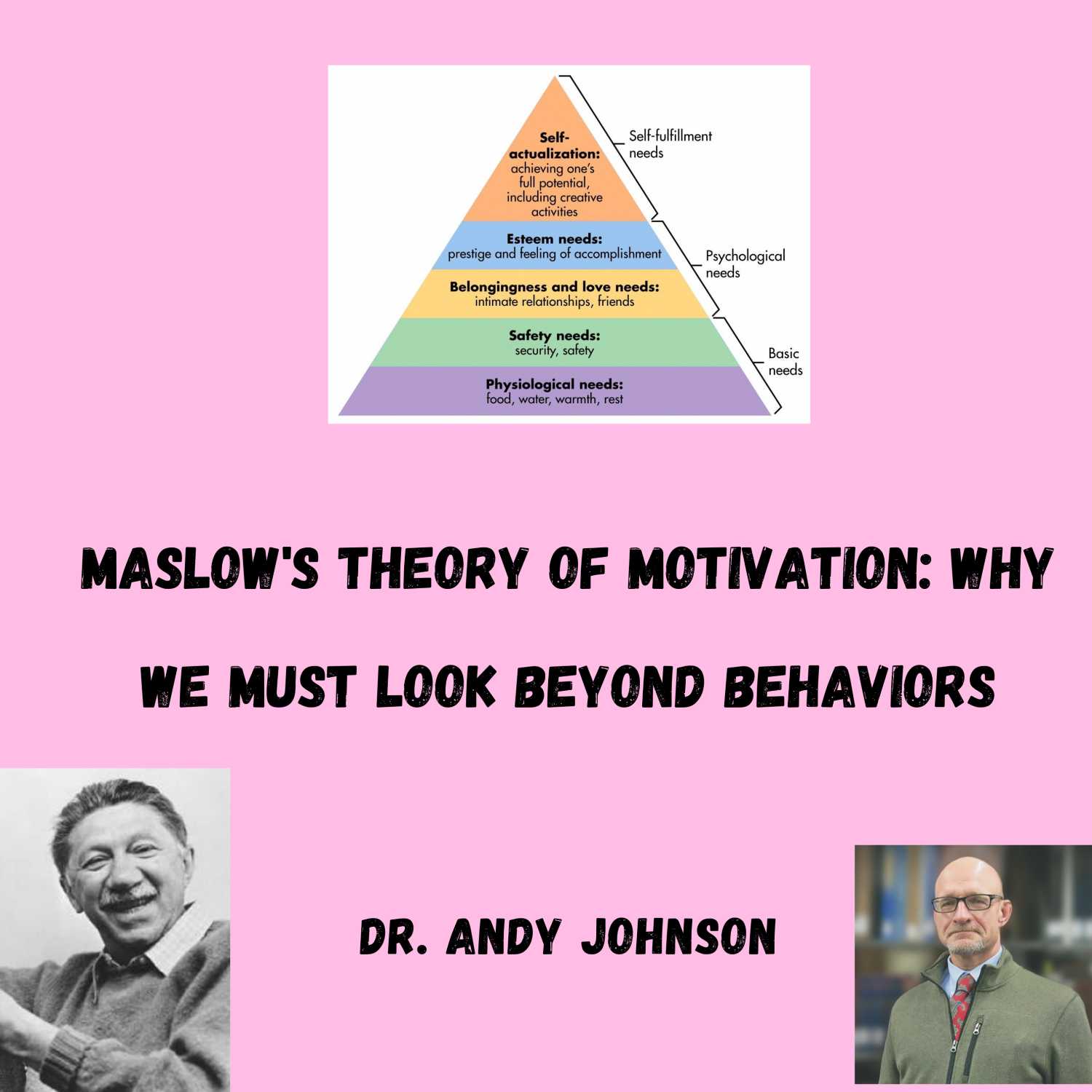
Maslow's Theory of Motivation: Why We Must Look Beyond Behaviors
Abraham Maslow (1908-1970) was among the earliest pioneers in humanistic psychology (sometimes referred to as growth psychology or third wave psychology). This movement begin to emerge in the 1950’s…

The Special Education Silo
I used to describe special education as a field – as in “the field of special education.” And indeed, it used to be a field. You can see this field when reading articles from the major special educ…
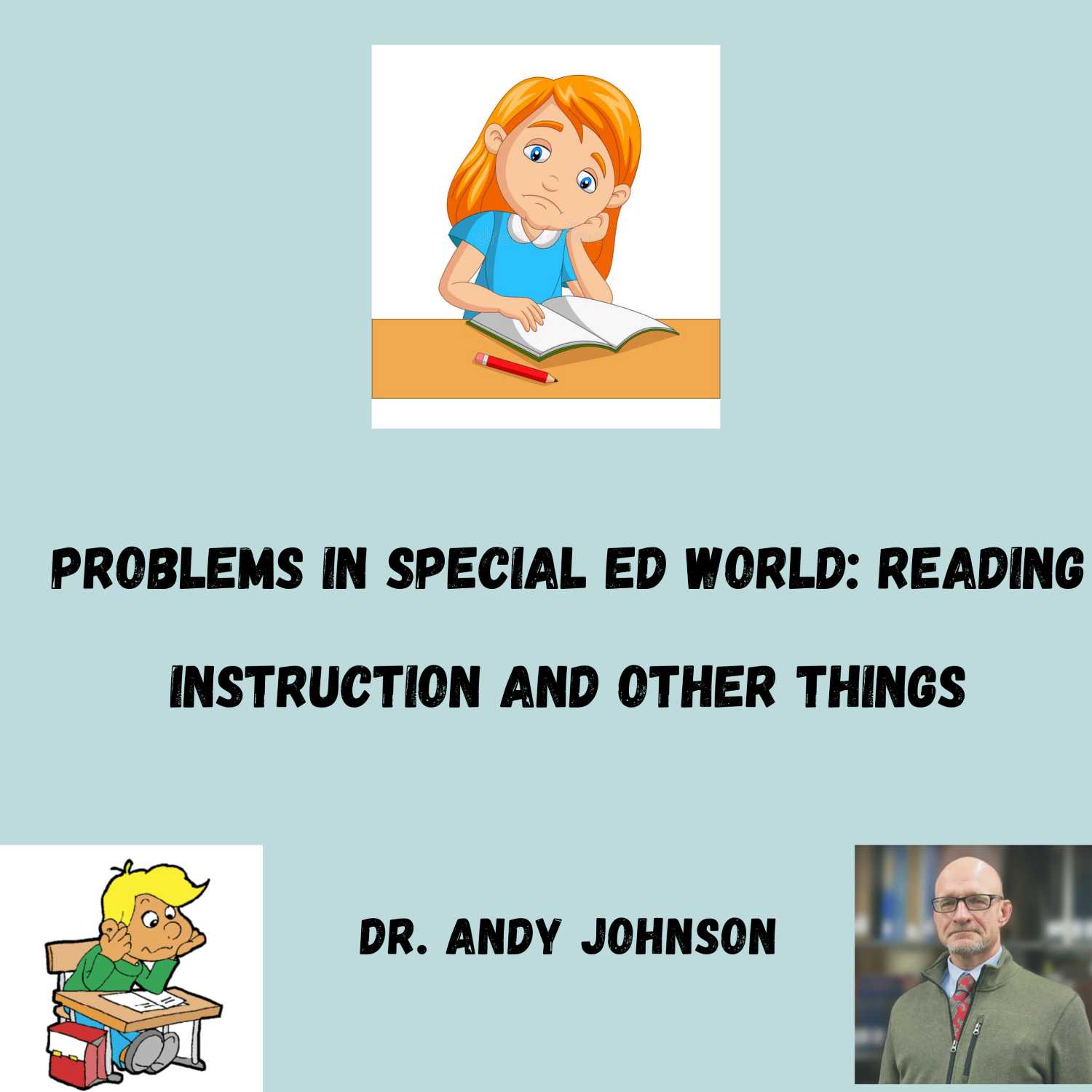
Problems in Special Ed World: Reading Instruction and Other Things
:n our current educational system, standardized tests are used to assess the quality of the student-products as they move along the 13-year conveyor belt within the education factories commonly refer…
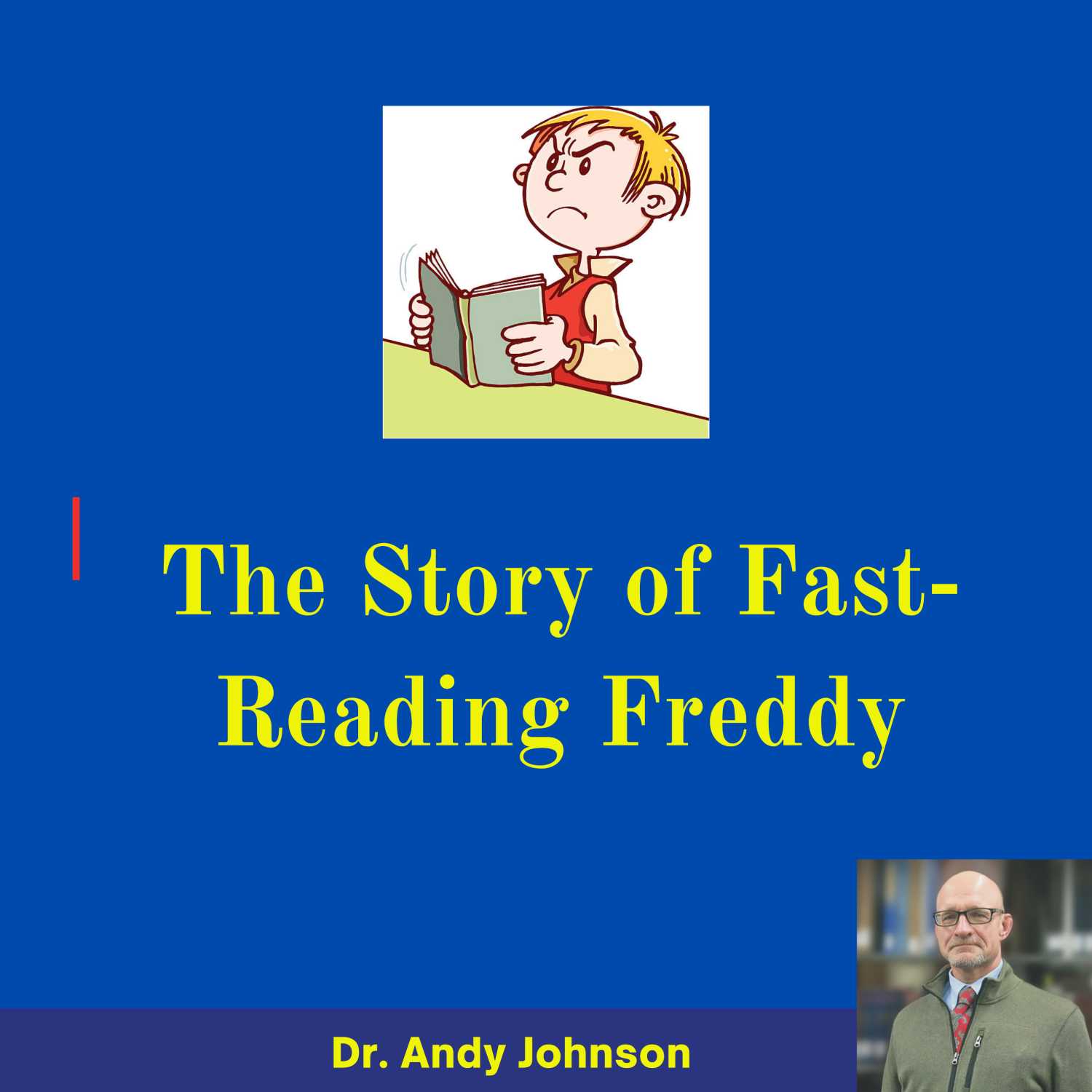
FAST READING FREDDY
Fast-Reading Freddy was a second-grade student. His father contacted me because, according to him, his son had reading problems. The scores on reading achievement tests were below grade level. His…
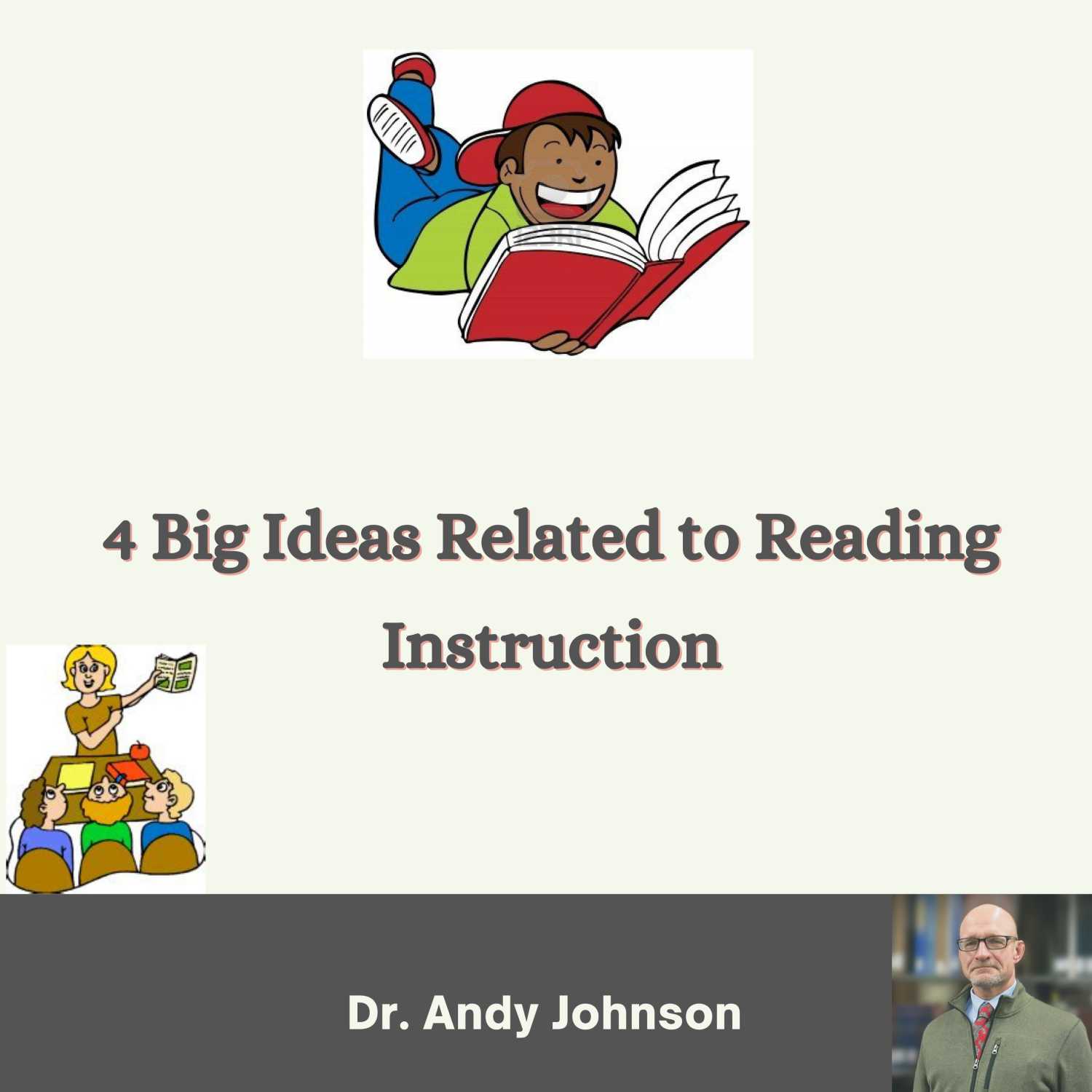
THE BIG, BIG PICTURE FOR READING INSTRUCTION
The podcast examines the big, big picture related to reading instruction. Four big ideas are presented here:
1. A reading teacher’s number one job should be to help children fall in love with books.
2.…
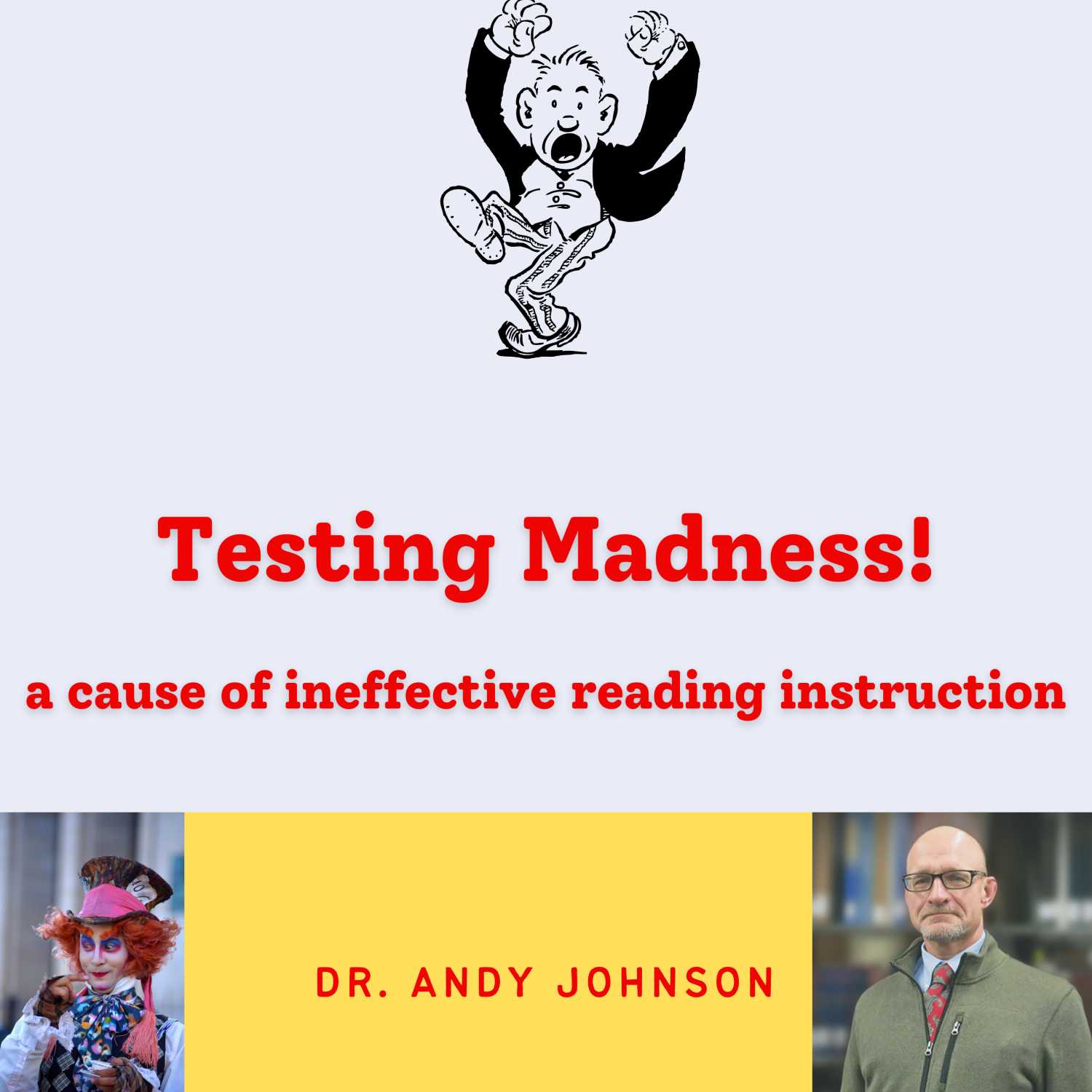
Testing Madness: A Cause of Ineffective Reading Instruction
One cause of ineffective reading instruction is an un-understanding of how the brain creates meaning with print. The other is testing madness. The number monkeys have taken over education! If we can’…
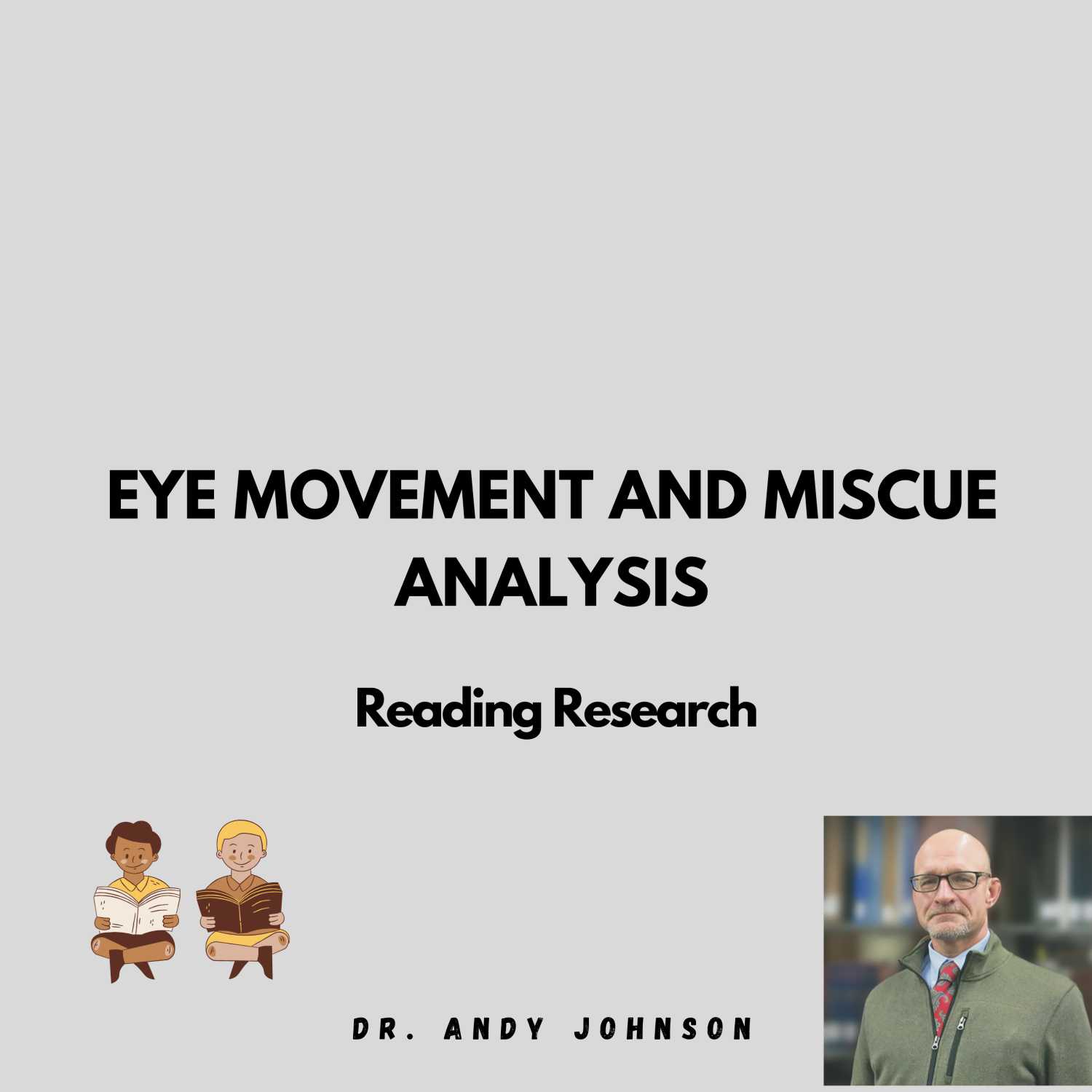
Eye Movement and Miscue Analysis
Eye movement research tells us much about reading and the reading process. This type of research looks at eye movement as people are engaged in authentic reading activities (reading passages vs. ind…
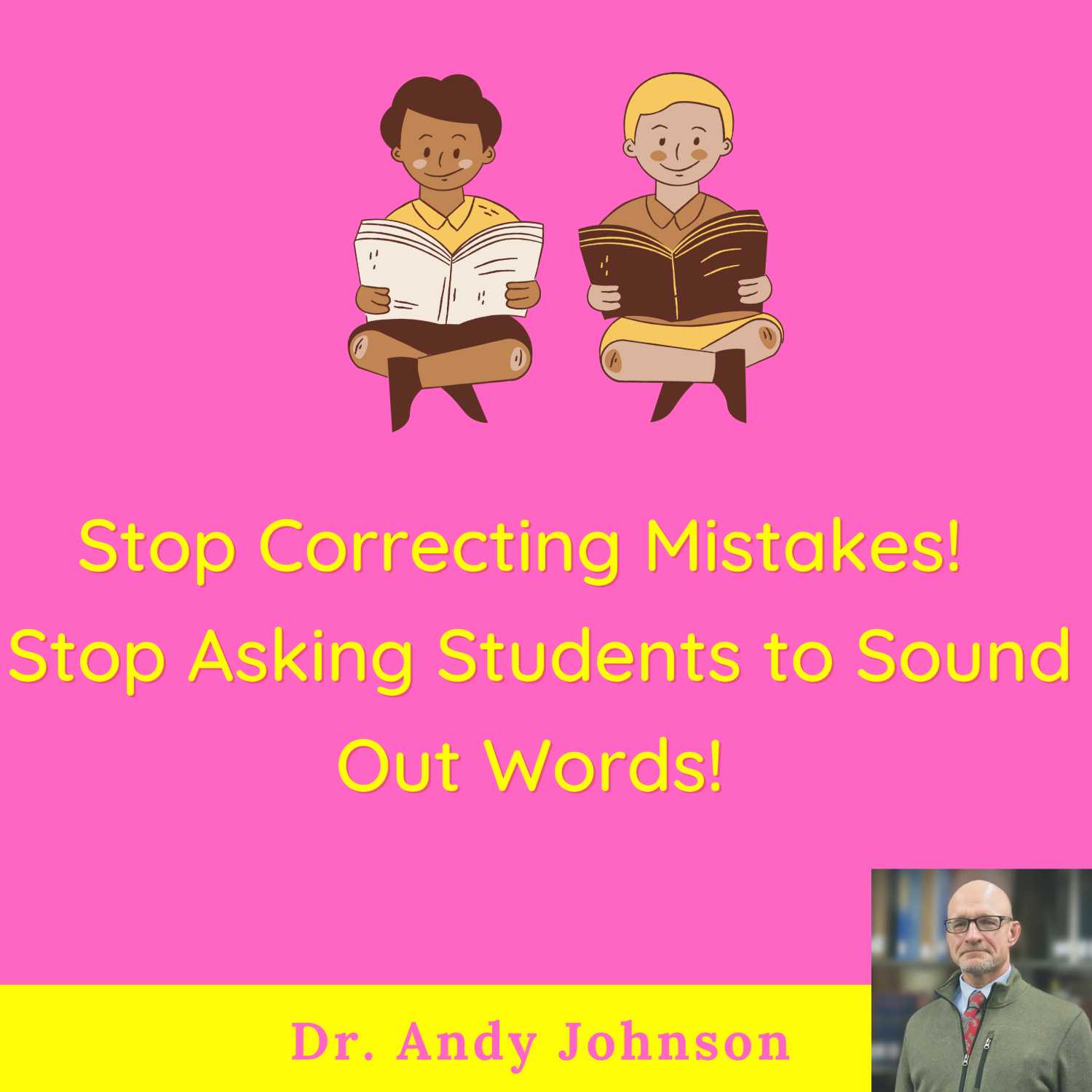
STOP CORRECTING MISTAKES AND TELLING STUDENTS TO SOUND OUT WORDS!
When students make a mistake or miscue during oral reading, our first impulse is to jump in and correct the mistake. We need to stop doing this. This podcast explains why. The first thing we do when …
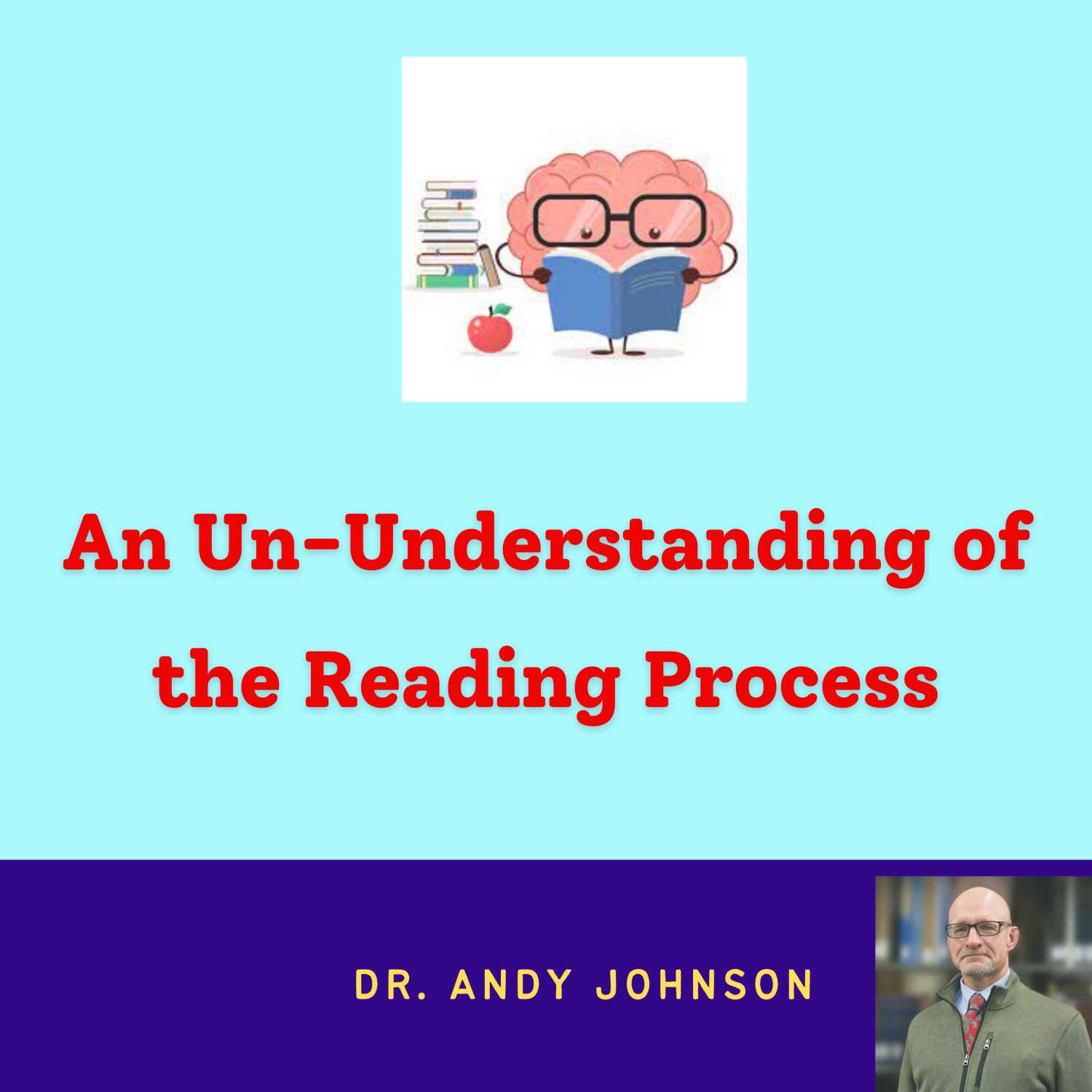
A Cause of Ineffective Reading Instruction: An Un-Understanding of the Reading Process
One cause of ineffective reading instruction is the lack of understanding related to the reading process. More specifically, inaccurate information about how the brain creates meaning with print. O…
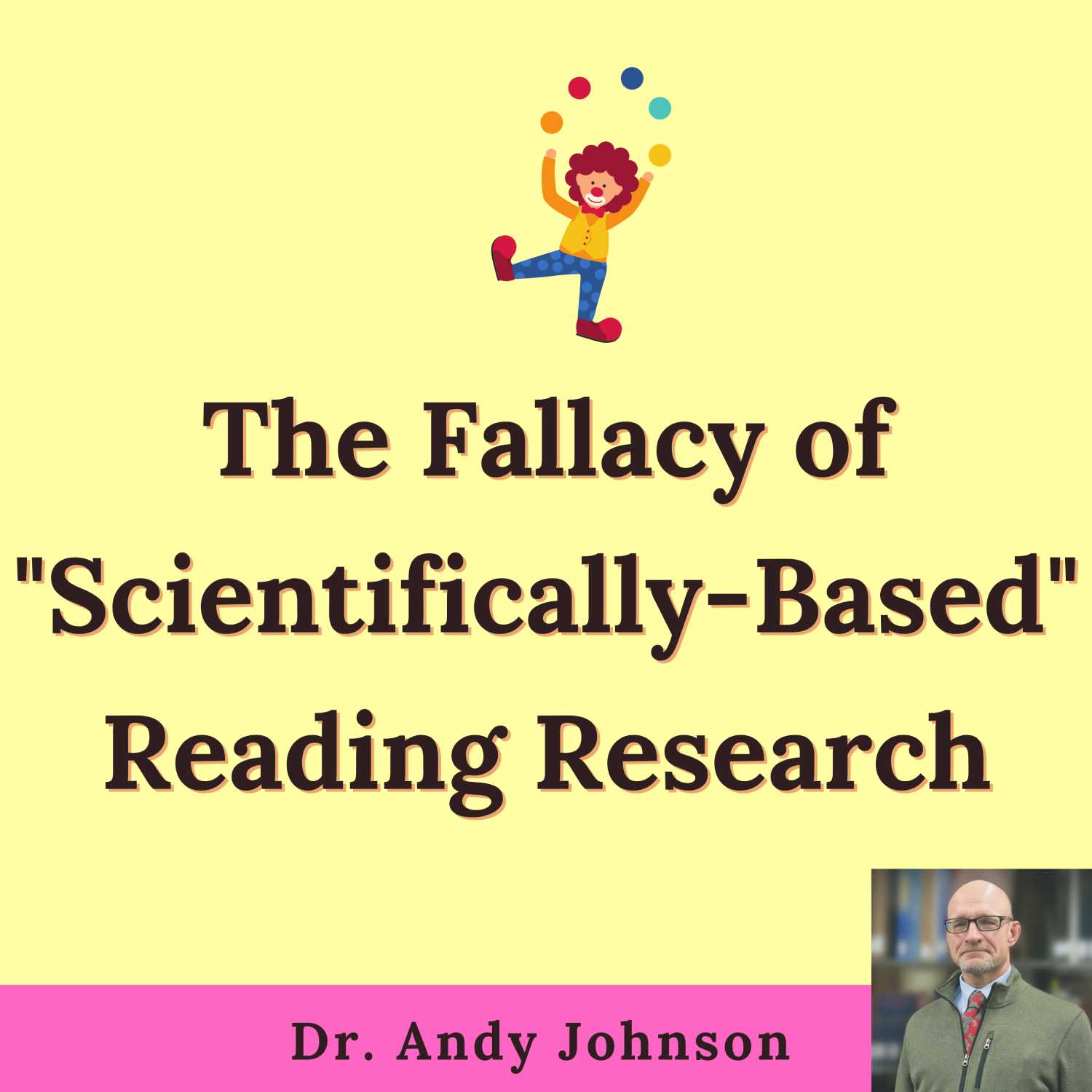
The Fallacy of Scientifically-Based Reading Research
The traditional view of the scientific process. The traditional view of the scientific process goes something like this. You get two groups. You measure them before the study begins. You do something…
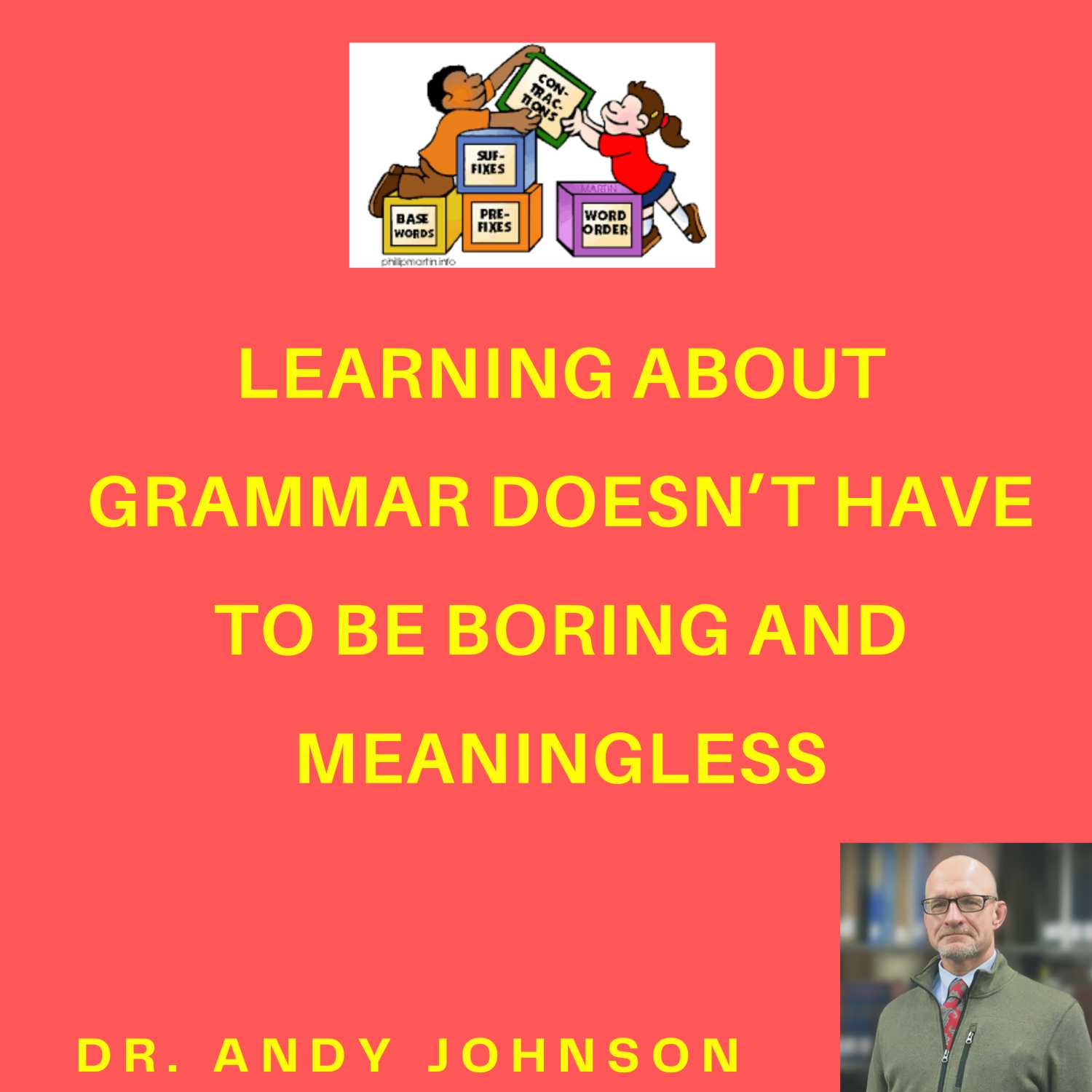
LEARNING ABOUT GRAMMAR DOESN’T HAVE TO BE BORING AND MEANINGLESS
This is the first in a two-part series looking at grammar instruction. Learning about grammar doesn’t have to be boring and meaningless. This podcast starts by dispelling some myths, otherwise know…
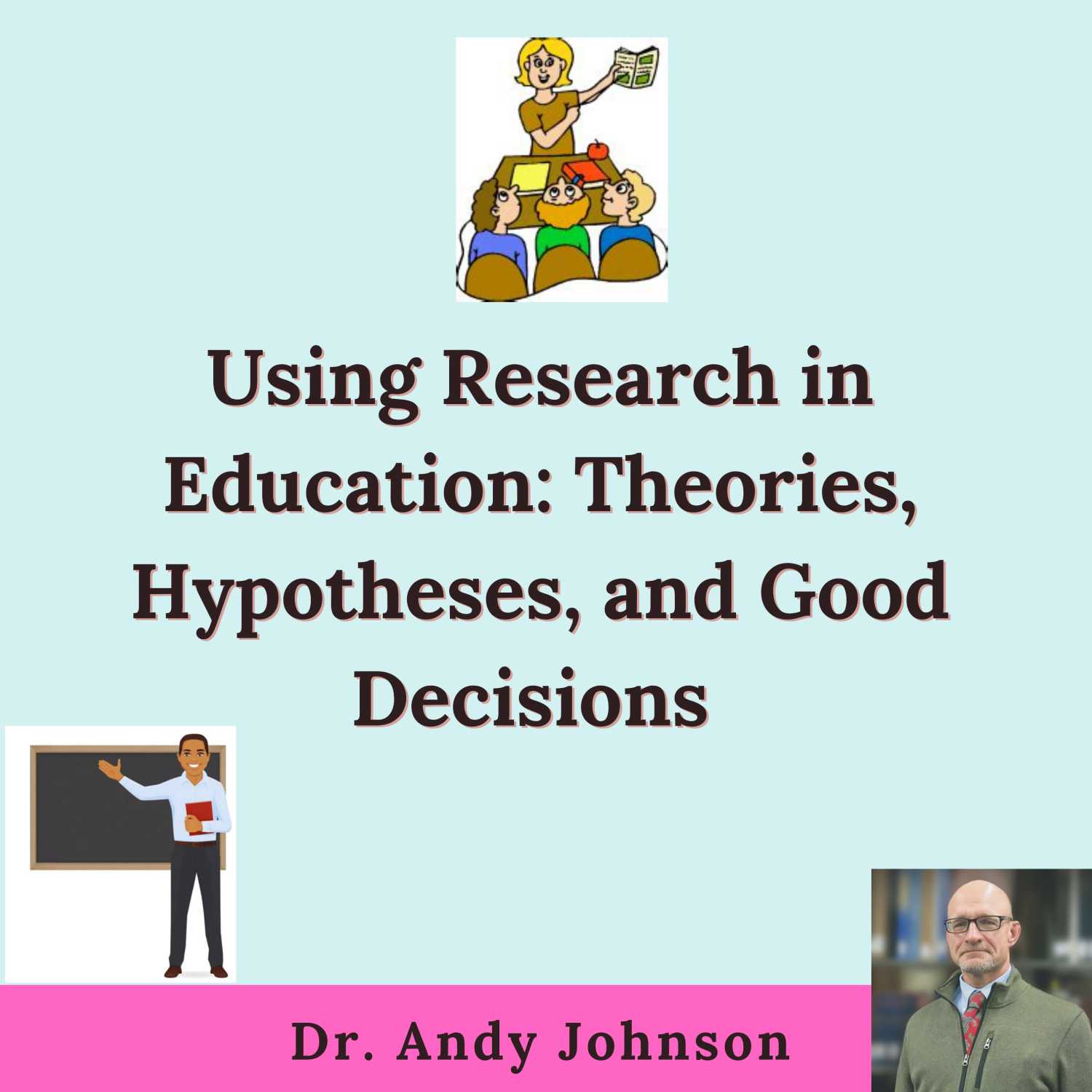
Using Research in Education: Research, Paradigms, and Making Good Decisions
So why should educators be concerned about educational research? What relevance does it have to our everyday practice? We have all heard the common litany: “It’s just a bunch of theory. You can make …
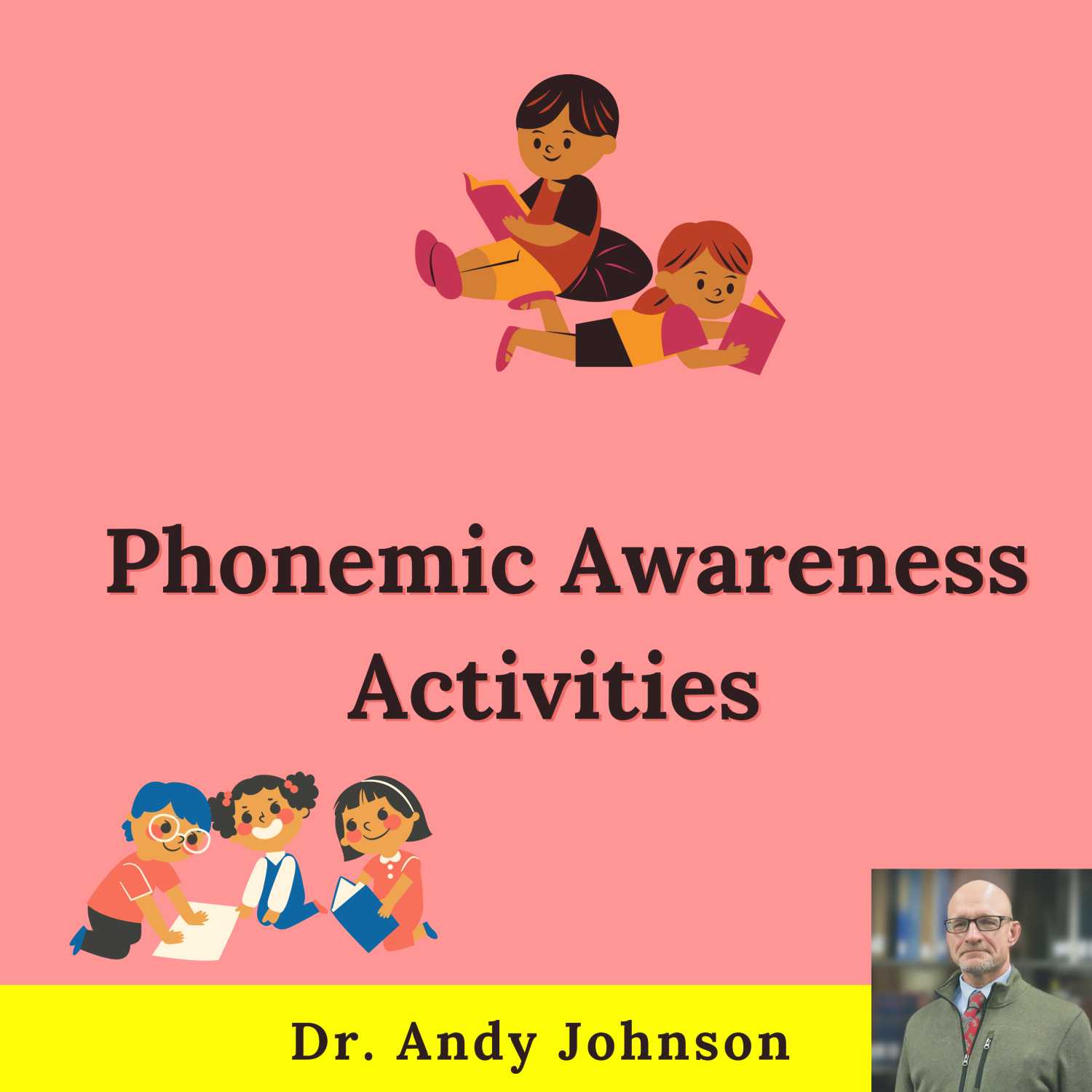
Phonemic Awareness Activity
This is an excerpt from my book: Johnson, A. (2016). 10 essential instructional elements for students with reading difficulties: A brain-friendly approach.
Phonemes are the smallest units of sound wi…
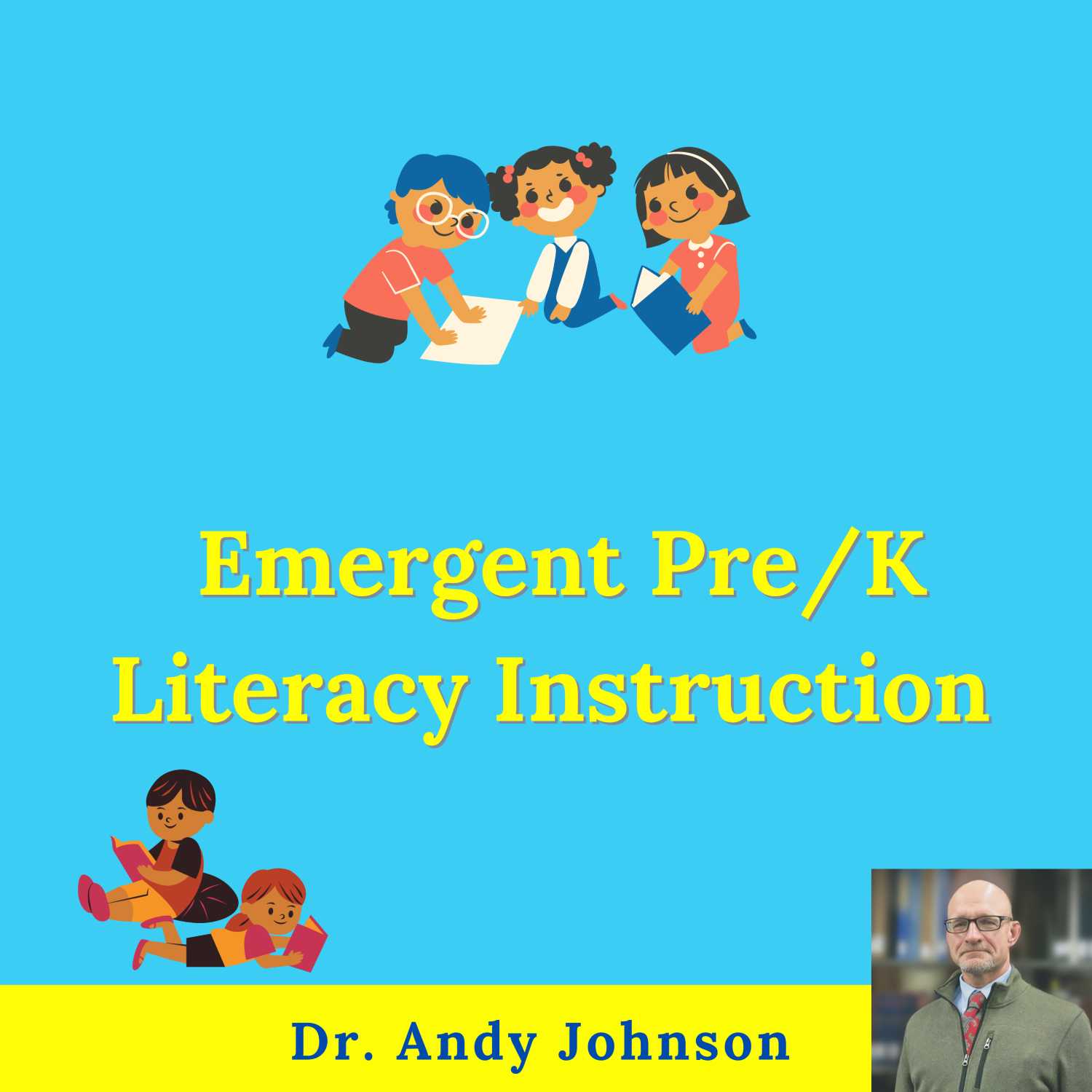
Early and Emergent Literacy Instruction: Ages 3, 4, 5, and 6.
This is an excerpt from my book: Johnson, A. (2016). 10 essential instructional elements for students with reading difficulties: A brain-friendly approach. Corwin
The first podcast provides a sense o…
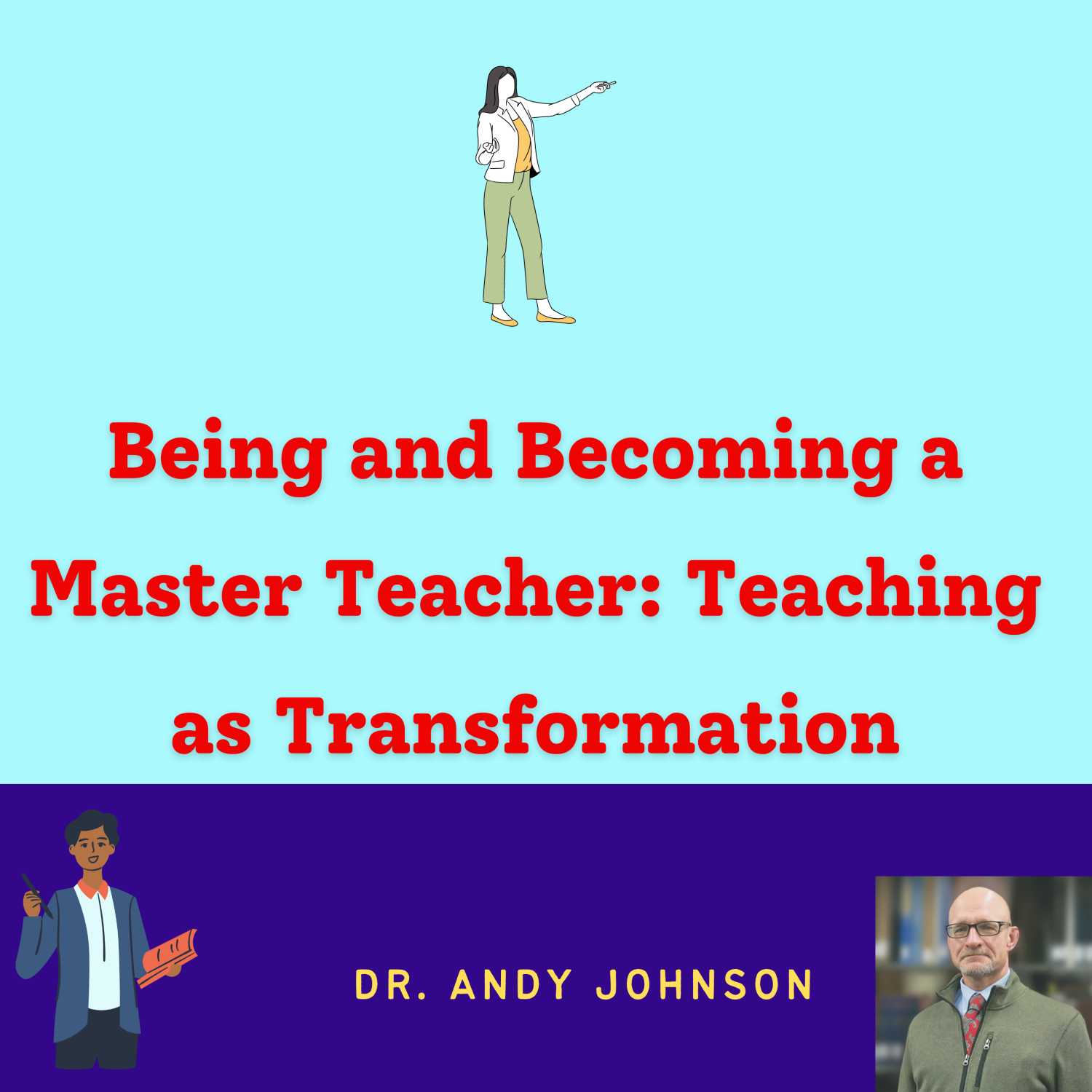
BEING AND BECOMING A MASTER TEACHER: TEACHING AS TRANSFORMATION
A teacher’s prime directive is to help students learn or more accurately, to create the conditions whereby students are able to learn. So, what is learning? Learning is the process of acquiring ne…
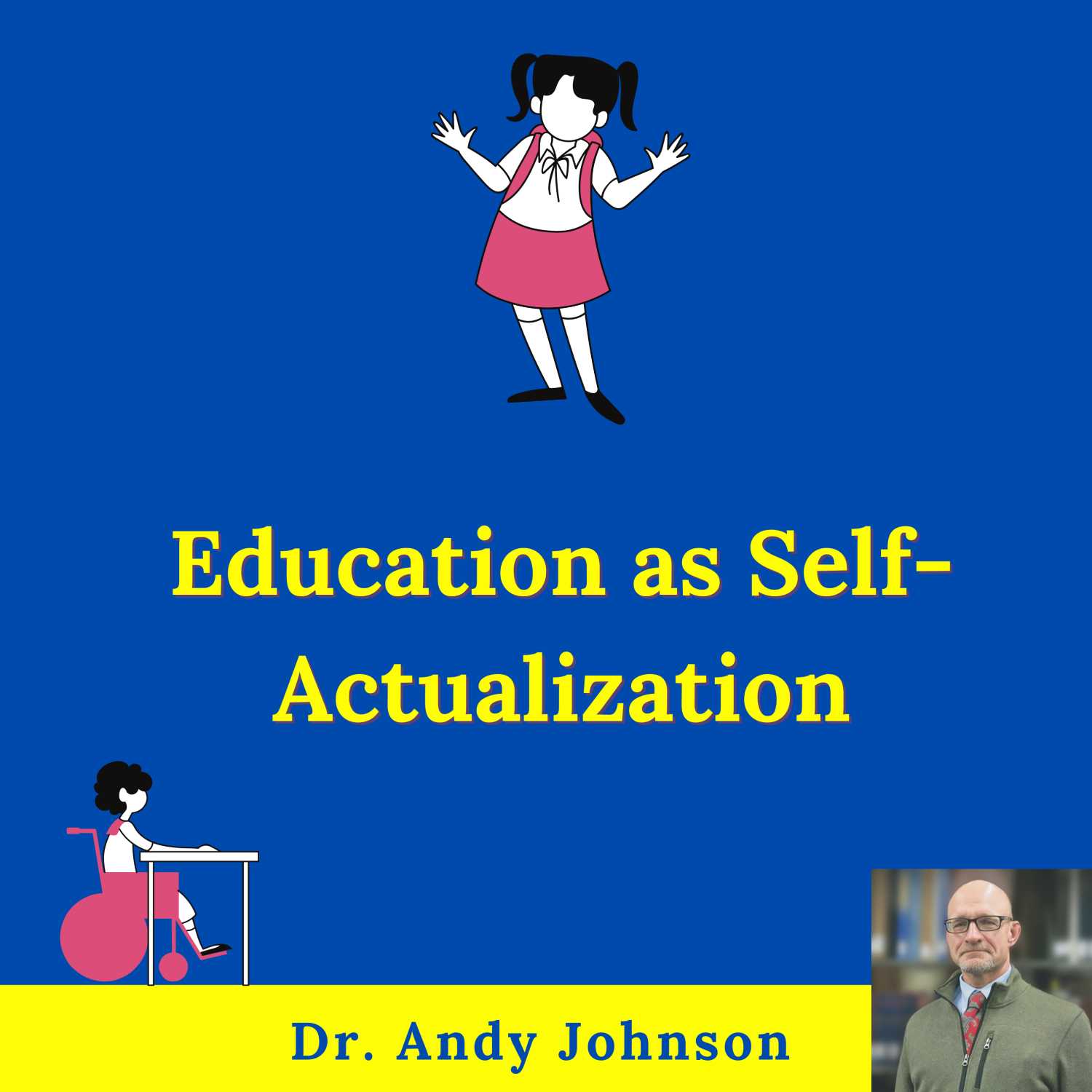
EDUCATION AS SELF-ACTUALIZATION
It has been my experience that education is most effective when the prime directive is to do what Maria Montessori proposed in 1946, and that is to help each child discover and then release his or he…
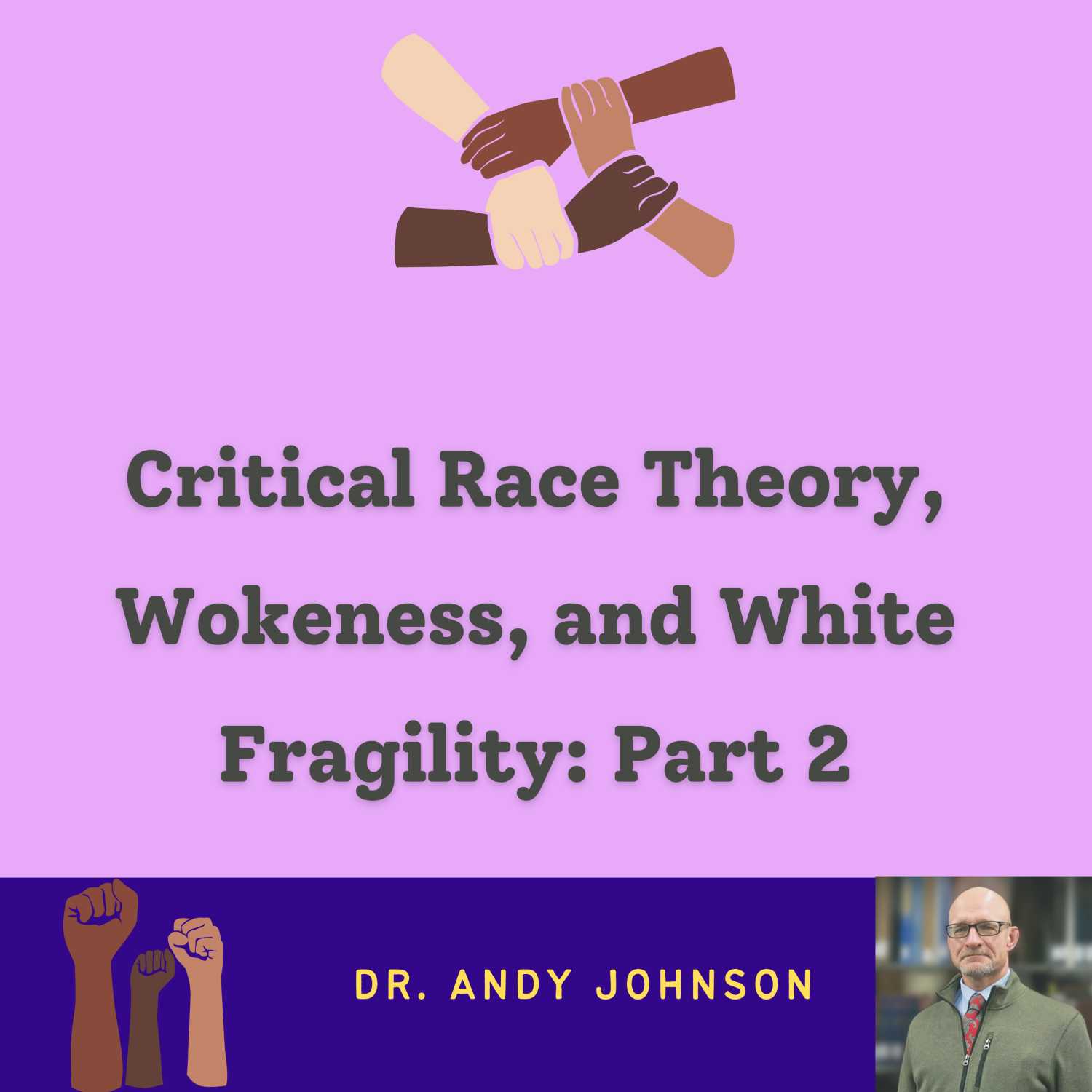
CRITICAL RACE THEORY, WOKENESS, AND WHITE FRAGILITY: PART 2
When we talk about critical race theory, our goal is not to win the argument. We’ve already done that. Our goal is change. And if change is not occurring, we must consider the causal factors. Now tho…